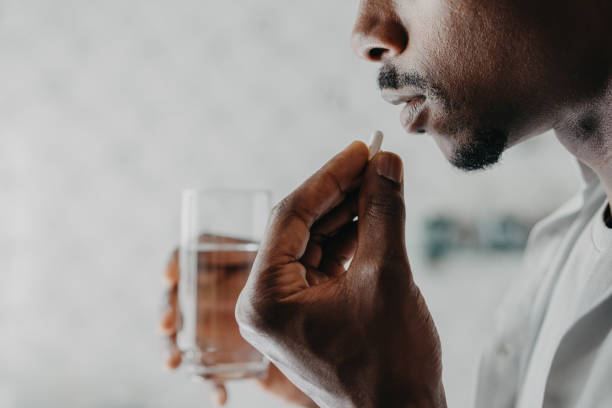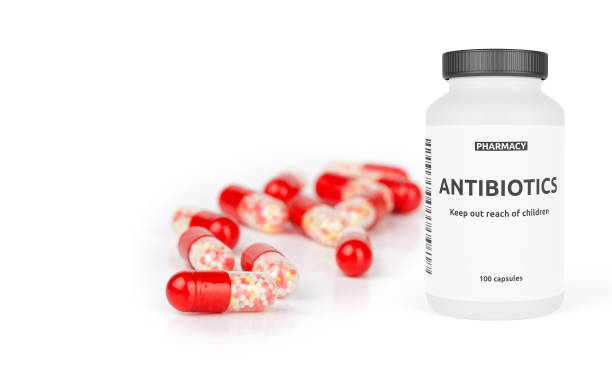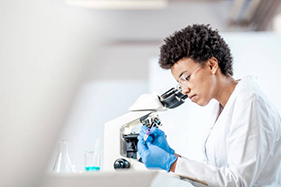Antibiotics have been a cornerstone of modern medicine, saving countless lives by effectively treating bacterial infections. However, their misuse and overuse have led to a significant public health challenge: antibiotic resistance. This expanded guide aims to educate on the importance of responsible antibiotic use and how to strengthen our natural defenses.
The Problem with Antibiotic Resistance
Antibiotic resistance occurs when bacteria adapt and become immune to the effects of an antibiotic. This resistance develops through the misuse and overuse of antibiotics, making once-treatable infections much harder to manage. The consequences of antibiotic resistance are dire:
- Longer Hospital Stays: Resistant infections often require more extended hospitalizations.
- Higher Medical Costs: Treating resistant infections is more expensive due to the need for more advanced treatments.
- Increased Mortality: Resistant infections can be more deadly, leading to higher mortality rates.
How to Use Antibiotics Responsibly

Responsible use of antibiotics is crucial in combating antibiotic resistance. Here are key guidelines to follow:
- Only Use When Prescribed: Antibiotics should only be taken when prescribed by a healthcare professional. Self-medicating can contribute to resistance and other health issues.
- Complete the Course: Always complete the full course of antibiotics, even if you start feeling better. Stopping treatment early can leave some bacteria alive, which may develop resistance.
Understanding Antibiotics: Myths vs. Facts
Misconceptions about antibiotics contribute to their misuse. Here are some common myths and the facts that debunk them:
- Myth: Antibiotics can treat all infections.
- Fact: Antibiotics are only effective against bacterial infections, not viral or fungal infections.
- Myth: It’s okay to stop taking antibiotics once you feel better.
- Myth: Stronger antibiotics are always better.
- Fact: The right antibiotic for the specific infection is crucial, not necessarily the strongest one.
- Myth: Natural remedies can replace antibiotics.
- Fact: While natural remedies can support health, they cannot replace the effectiveness of antibiotics for bacterial infections
- Strengthen Your Natural Defenses
- While antibiotics are critical in treating bacterial infections, maintaining good health through natural means can help reduce the need for antibiotics. Here are some strategies:
- Balanced Diet: Eating a diet rich in fruits, vegetables, whole grains, and lean proteins can strengthen your immune system.
- Proper Hygiene: Regular handwashing, safe food preparation, and avoiding close contact with sick individuals can prevent infections.
- Vaccinations: Keeping up-to-date with vaccinations can prevent illnesses that might otherwise require antibiotic treatment.
- Regular Exercise: Staying physically active boosts overall health and immune function.
- Adequate Sleep: Ensuring sufficient rest helps the body recover and fend off infections.

Global Impact and Initiatives
Antibiotic resistance is a global issue requiring coordinated efforts. Organizations like the World Health Organization (WHO) and the Centers for Disease Control and Prevention (CDC) are leading the charge with initiatives such as:
- Global Action Plan on Antimicrobial Resistance: A strategy to improve awareness, strengthen surveillance and research, and reduce infection rates.
- Antibiotic Awareness Week: An annual event to increase global awareness of antibiotic resistance and promote best practices.
Conclusion
Antibiotics are invaluable in modern medicine, but their effectiveness is under threat due to resistance. By using antibiotics responsibly and strengthening our natural defenses, we can help preserve these life-saving drugs for future generations. Remember, each of us plays a part in this global health issue—use antibiotics wisely and stay healthy through natural means.


